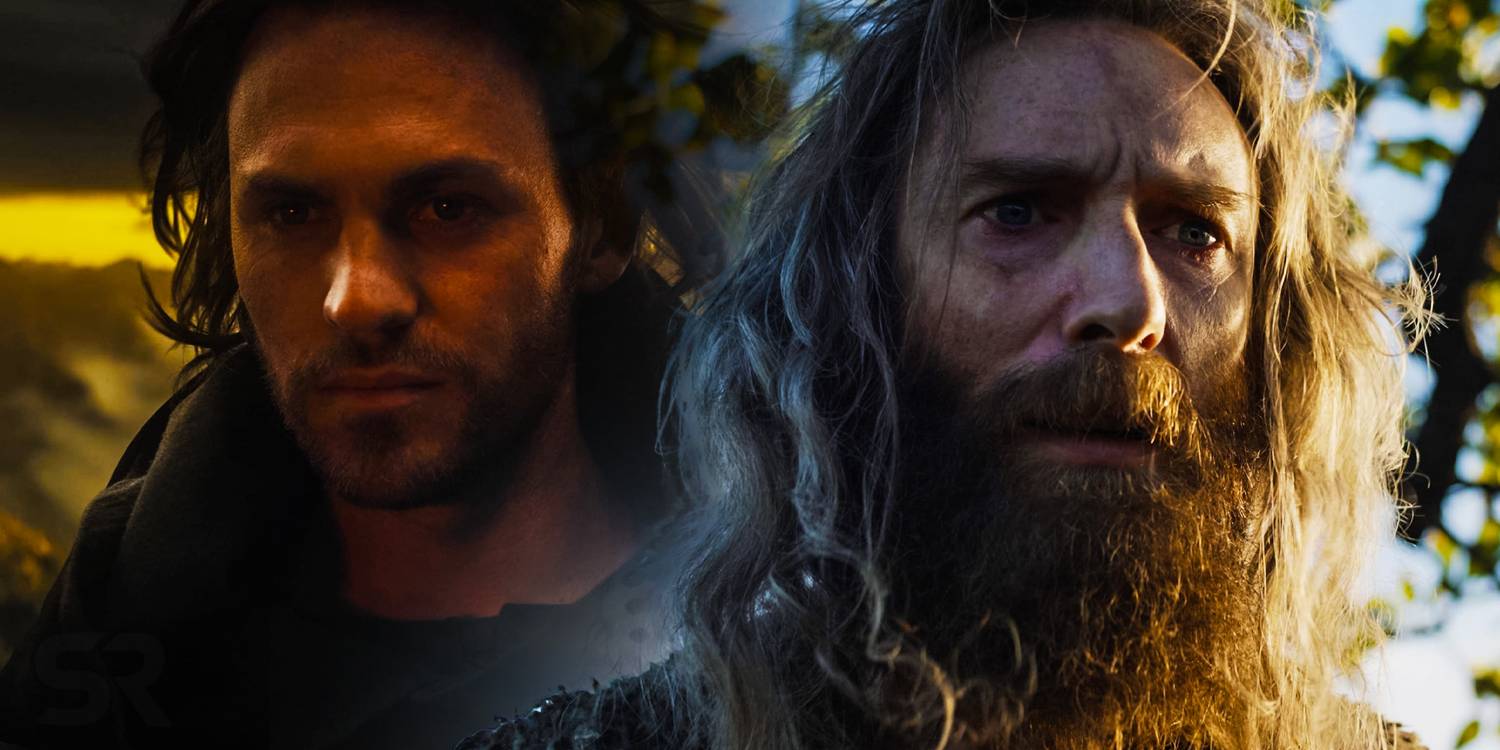The Lord of the Rings
The new Lord of the Rings movie in 2024 disrespects Rings of Power Season 2
The impending release of “The Lord of the Rings: The War of the Rohirrim” in 2024 not only marks a significant addition to the Tolkien cinematic universe but also presents a potential challenge to the trajectory of Prime Video’s “The Lord of the Rings: The Rings of Power” Season 2. Despite both endeavors being adaptations of the rich literary legacy of J.R.R. Tolkien, the crucial distinction lies in their respective production studios and the eras of Middle-earth they explore.
The dichotomy between these two projects is particularly amplified by the timing of “War of the Rohirrim,” which benefits from the varied feedback garnered by the inaugural season of “Rings of Power.” Directed by the accomplished Kenji Kamiyama, “War of the Rohirrim” is poised to offer audiences a fresh and unexplored perspective on Middle-earth by delving into the story of Helm Hammerhand, a King of Rohan, approximately 260 years before the iconic events of “The Lord of the Rings.”
In contrast, “Rings of Power” embarks on a journey into the Second Age, meticulously laying the groundwork for the rise of the malevolent Sauron with his titular Rings of Power. However, the recent controversies surrounding canon alterations in the first season have left some fans divided, creating an opening for “War of the Rohirrim” to potentially capture those seeking a different narrative approach to Tolkien’s world.

The thematic divergence continues as “War of the Rohirrim” focuses on the more recent history of Men in Middle-earth, offering a closer examination of the foundation of the Kingdom of Rohan and providing audiences with a nuanced perspective on the ancestors of Théoden’s family. This unique vantage point not only expands the lore but also mitigates the risk of encroaching on the narrative terrain established by Peter Jackson’s acclaimed “The Lord of the Rings” trilogy.
Critical to the comparative analysis is the success and recognition garnered by Warner Bros Animation and New Line Cinema, the studios responsible for “War of the Rohirrim.” Their direct connection to Peter Jackson’s iconic film trilogy, considered by many as the definitive cinematic adaptation of Tolkien’s work, positions “The Lord of the Rings: The War of the Rohirrim” within a familiar and beloved realm of Middle-earth. This cohesive connection potentially sets the stage for a more seamless integration with the established cinematic universe, a factor that might work against the separate identity forged by “Rings of Power” Season 2 on Prime Video.
The divergence in production studios, with Amazon Studios overseeing “Rings of Power” and Warner Bros Animation and New Line Cinema leading “War of the Rohirrim,” underscores the complex landscape of Tolkien adaptations. This separation stems from the specific rights held by each studio: Amazon having the rights for TV adaptations and Warner Bros Animation and New Line Cinema exclusively handling cinematic adaptations.

In essence, the competing nature of these adaptations is rooted not only in the content they present but also in the intricate web of intellectual property rights. The unique advantage enjoyed by “War of the Rohirrim” is accentuated by its alignment with the cinematic legacy of Peter Jackson’s films, further solidifying its potential appeal to audiences who hold a deep affinity for the visual and narrative aesthetics of the earlier adaptations.
As the cinematic landscapes of Middle-earth continue to expand, the contrasting trajectories of “The Lord of the Rings: The War of the Rohirrim” and “The Lord of the Rings: The Rings of Power” Season 2 showcase the complexities and nuances within the realm of Tolkien adaptations. Ultimately, it remains to be seen how these cinematic journeys will unfold and resonate with audiences, as they navigate the intricate tapestry of Middle-earth’s rich and timeless lore.
We bring out some of the most well-known The Lord Of The Rings collection, all of which are available at reasonable costs. Visit our link now if you are interested in the The Lord Of The Rings collection


Frodo Baggins, Samwise Gamgee, Aragorn, Legolas, Gimli

